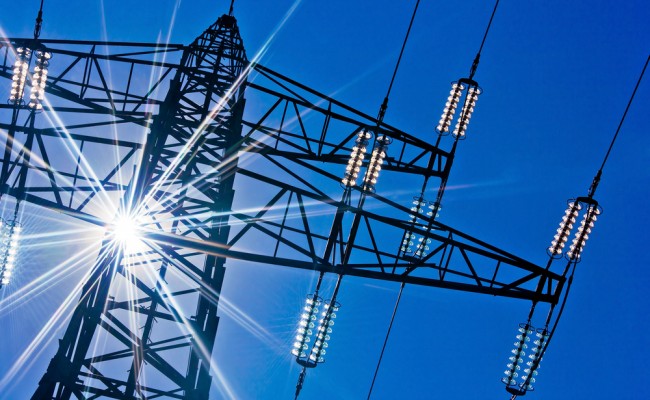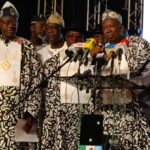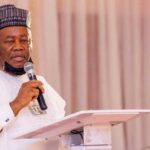Communities of Ayama, Obunku, Afam, Mirinwayi, Izuoma and Obeama and some parts of Oyigbo urban city in Oyigbo Local Government Area of Rivers State have raised concern over continuous power outage in the affected communities.
The affected communities have been thrown into the darkness since May this year by the Port Harcourt Electricity Distribution Company, PHEDC, over issues concerning payment of electricity bills.
- Plateau crisis: CAN, JNI leaders warn against reprisal in Nasarawa
- S/West victims of kidnapping paid N3bn ransom in 2yrs – Gani Adams
They have been at loggerheads with PHEDC over who should and should not pay electricity tariffs.
The communities especially indigenous people of Ayama, Okoloma and Obunku communities that played host to the gingatic Afam power stations had insisted that since the communities played host to the power stations, they should be exempted from the payment of any electricity tariff, a request granted by PHEDC with a condition that only indigenes of the affected communities will be exempted.
But trouble started when the indigenes of the communities wanted non-indigenes resident in the communities also to be exempted from the payment of electricity bills to PHEDC but pay such money to the coffers of the indigenes of the communities, a request turned down by PHEDC.
The disagreement led to a stalemate between the contending parties, a development that forced PHEDC to disconnect the affected communities from the 33kva power grid.
Some of the residents of the affected communities who spoke with our reporter said that they have been in darkness since May this year.
A resident of Ayama, Okere Chidike, said that all the communities that played host to Afam power stations have been in darkness since May this year.
“It’s very pathetic that communities that played host to all the trains of Afam power stations have been in darkness for more than four good months. Ayama is where all the high-powered Afam power station machines are installed. The machines have constituted major health hazards to the entire communities because of the way the machines vibrate and the dangerous hydrocarbon that emits from the machines
“If you come to the community, you will find out that so many buildings have cracks from the foundation because of the vibration coming from the machines. Despite the role we played in hosting the company, they have consistently thrown us into darkness,” he said.
He denied the allegation that the indigenes of the affected communities requested payment of electricity bills from a non-indigenes resident in the area, describing it as a lie from the pit of hell.
A resident of Obeama, Blessed Ofordika said that the residents of his community have been in darkness in the past five months.
“We agreed with them that the host communities should be exempted from payment of electricity bills. After sometime, another issue of exemption of non-indigenes from payment came up and at that point they disconnected us from the national grid. We have been without light for five months now and it’s a very bad experience,” he said.
A resident of Oyigbo urban city , Emeka Emenike, who was affected by the power outage said that the development has affected small scale businesses in the affected areas.
“Since May we have been in darkness because we got our electricity distribution direct from Afam. The situation is really bad because many of us are spending so much money in buying fuel to power our generators. I spend as much as N20,000 every month in fueling my generator.
“This prolonged outage has also affected small scale businesses as many of the business owners that rely on electricity to do their businesses have been put out of business. My wife deals in ice block and she has been out of business since the area was disconnected,” he said.
He called on PHED to resolve whatever issue they have with the affected communities and restore light to them.
When contacted, the PHED Public Relations Officer, Livingstone Koko, declined comments on the matter, but a source from the company told our reporter that the issue is before the State House of Assembly.

 Join Daily Trust WhatsApp Community For Quick Access To News and Happenings Around You.
Join Daily Trust WhatsApp Community For Quick Access To News and Happenings Around You.

